Obstetrician, Gynaecologist and Fertility Specialist
consideration for each patient
Obstetrician,
Gynaecologist and
Fertility Specialist
consideration for each patient
Dr Wilkinson
Tan Yoong Jian
Consultant Obstetrician, Gynaecologist and Fertility Specialist


Obstetrician and Gynaecologist (UK)
Obstetrician and Gynecologist (USA)
(Malaysia)
Surgery (INDIA)
Dr. Wilkinson Tan is an experienced Obstetrician and Gynecologist with a keen interest in reproductive medicine and minimal access surgery.
He obtained his specialist qualification from the Royal College of Obstetrician and Gynaecologist (RCOG) in the United Kingdom, completed a fellowship in Minimal Access Surgery in India, and a Masters in Reproductive Medicine from the University of New South Wales in Australia. He is a Fellow of the American College of Obstetrics and Gynaecology and a Member of the Malaysian Academy of Medicine.
Dr. Wilkinson currently works at Alpha IVF & Women’s Specialists, where he helps aspiring parents achieve their dreams of parenthood.
Our Services
Fertility Treatment (Ovulation induction, IUI, IVF)
Early Pregnancy Assessment and Complications
Gynaecological Cancer Screening
General Gynaecology (Endometriosis, fibroids, ovarian cysts, PCOS)
Endoscopic Surgery (Laparoscopy and hysteroscopy)
Antenatal Care and Delivery
Open Surgery
Our Services
Fertility Treatment (Ovulation induction, IUI, IVF)
Early Pregnancy Assessment and Complications
Gynaecological Cancer Screening
General Gynaecology (Endometriosis, fibroids, ovarian cysts, PCOS)
Endoscopic Surgery (Laparoscopy and hysteroscopy)
Antenatal Care and Delivery
Open Surgery
Treatments
Treatments
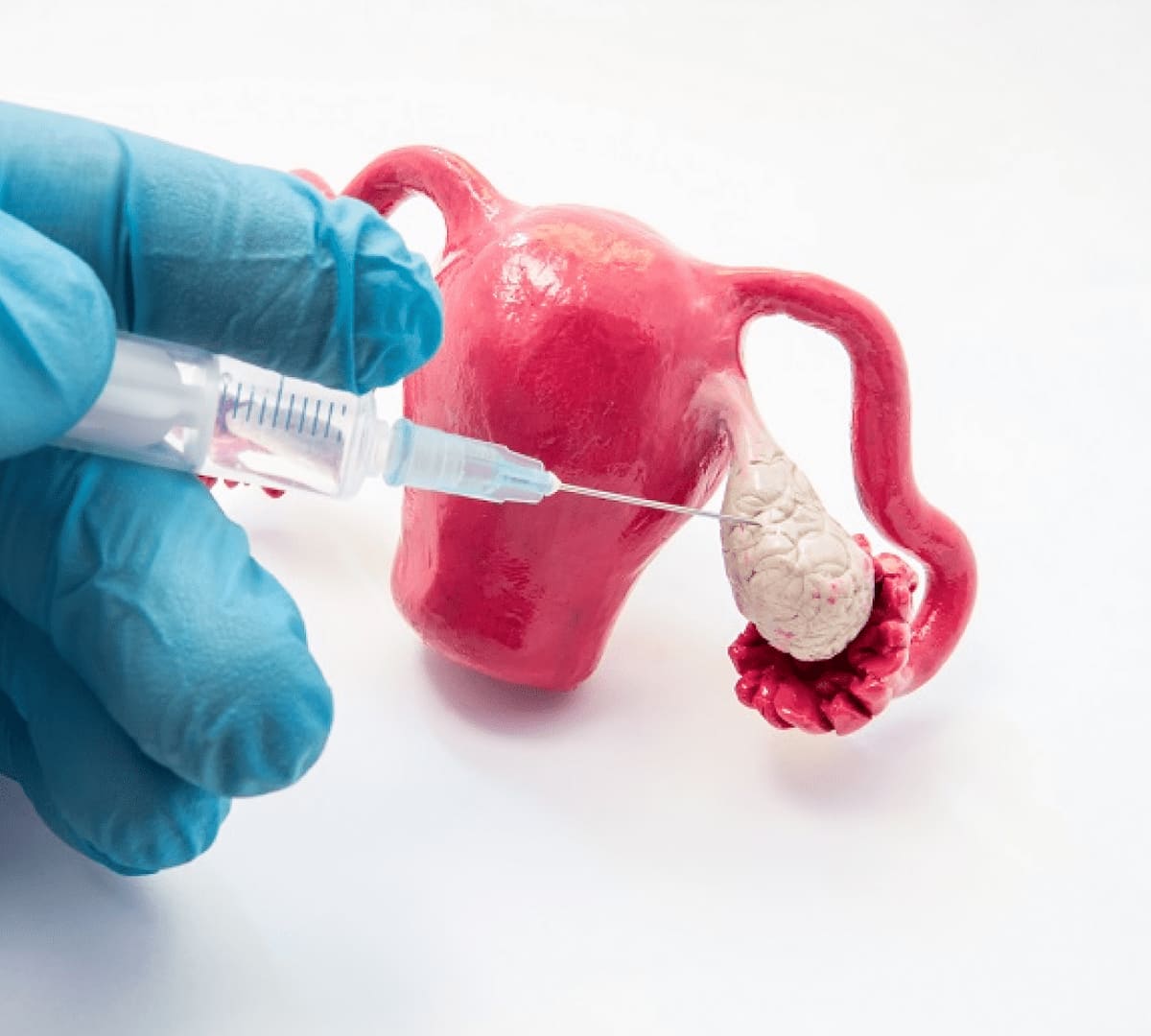
Ovulation Induction
One of the causes of infertility is irregular menstrual cycles due to irregular ovulations. This makes timing of intercourse difficult. Doctors can assist by prescribing medications to induce ovulation, supplemented by ultrasound assessment to determine the most suitable time for intercourse.
Intra Uterine Insemination (IUI)
The goal of IUI is to increase the number of healthy sperms reaching the women’s egg. Sperms are washed and filtered to increase the concentration of healthy and viable sperms. Your doctor will use medication to stimulate your eggs to grow, and another injection to induce ovulation. Success rates for IUI have been quoted between 18-20% per cycle.
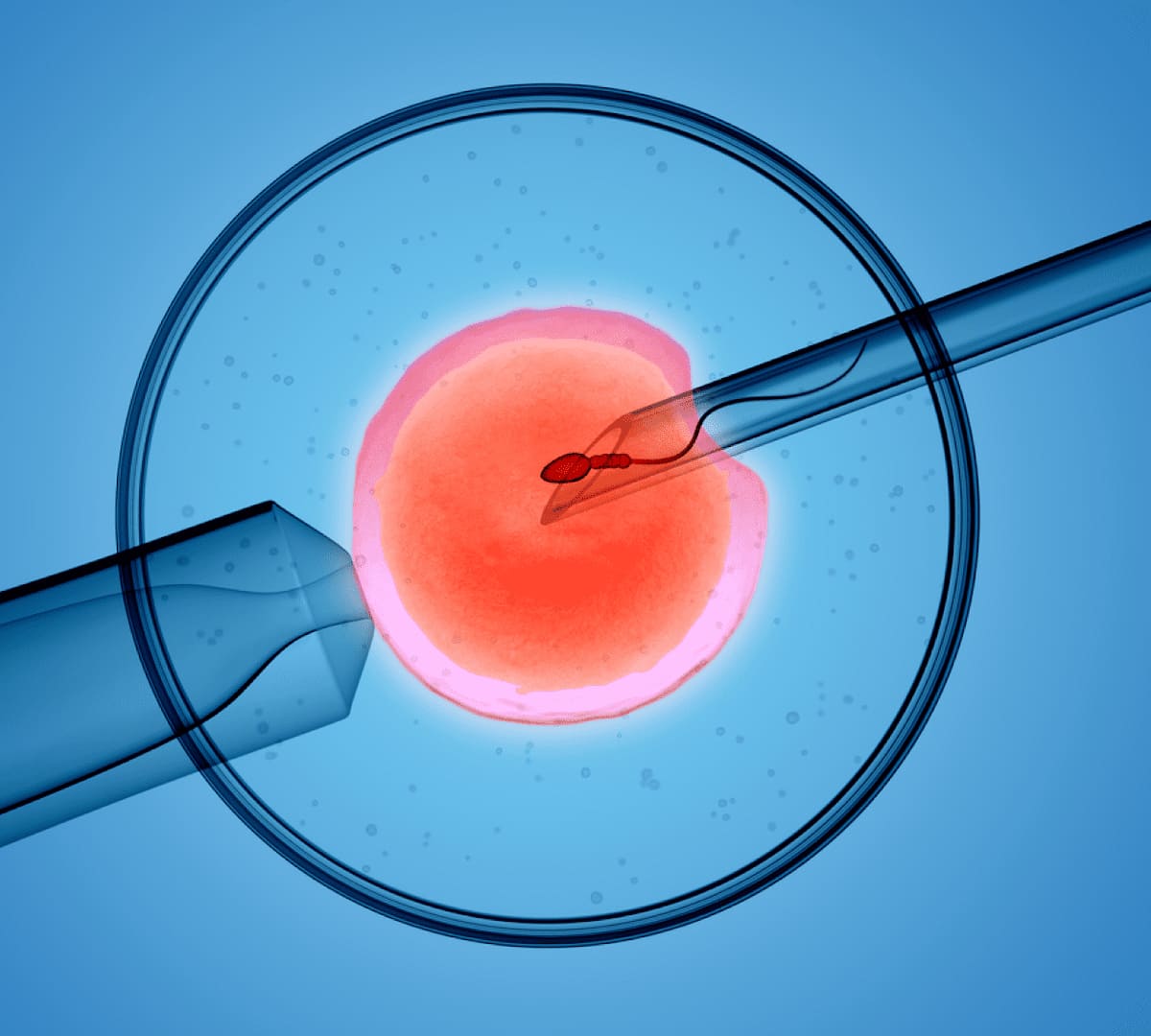
In-Vitro Fertilization (IVF)
In-vitro Fertilization is a process of fertilizing eggs outside the body. It is also commonly known as “test tube baby” or IVF. IVF consists of several stages. During the 1st stage of IVF, your doctor will prescribe medication to stimulate growth of your eggs. This usually involves a daily injection from day 1 of your menstruation, and ultrasound scans to monitor growth of your eggs.
Once your eggs are ready for collection, a small procedure known as “Ovum Pick Up or OPU will be performed. A thin needle is used to extract your eggs under sedation or under general anaesthesia.
Next the embryologist will manually combine an egg and your partner’s sperm using a manual injection called ICSI or Intra-Cytoplasmic Sperm Injection. Once the eggs have been successfully fertilized, they are cultured in the lab by an expert team of embryologists. After 5 days of culture, your embryo is ready for the next stage of IVF.

PGTA and PGTM
PGT-A – Preimplantation Genetic Testing for Aneuploidies (PGT-A) is a technology used in IVF treatment which examines embryo chromosomes pre-womb transfer, improving IVF success and lowering miscarriage risk. After culturing your embryo for 5 days in the lab, a few cells are extracted for testing. Rest assured, this is a safe procedure and does not affect the health of your embryos.
The geneticist will then check the number of chromosomes, the correct number being 46. If an embryo has an addition or loss of a chromosome, chances of pregnancy is reduced, while risk of miscarriage is increased. If the baby survives till term, there is also a risk of having an abnormal baby, such as Down’s Syndrome when there is an extra Chromosome 21.
PGT-M – Preimplantation Genetic Testing for Monogenic Diseases (PGT-M) is a screening tool when couples have a known inheritable genetic condition. A few cells are extracted from your embryo after 5 days of culture, similar to a PGT-A. The geneticist will perform additional tests to identify the specific genetic condition that you are at risk of passing down to your children.
Your physician may recommend you for PGT-M if you have a family history of heritable genetic condition.
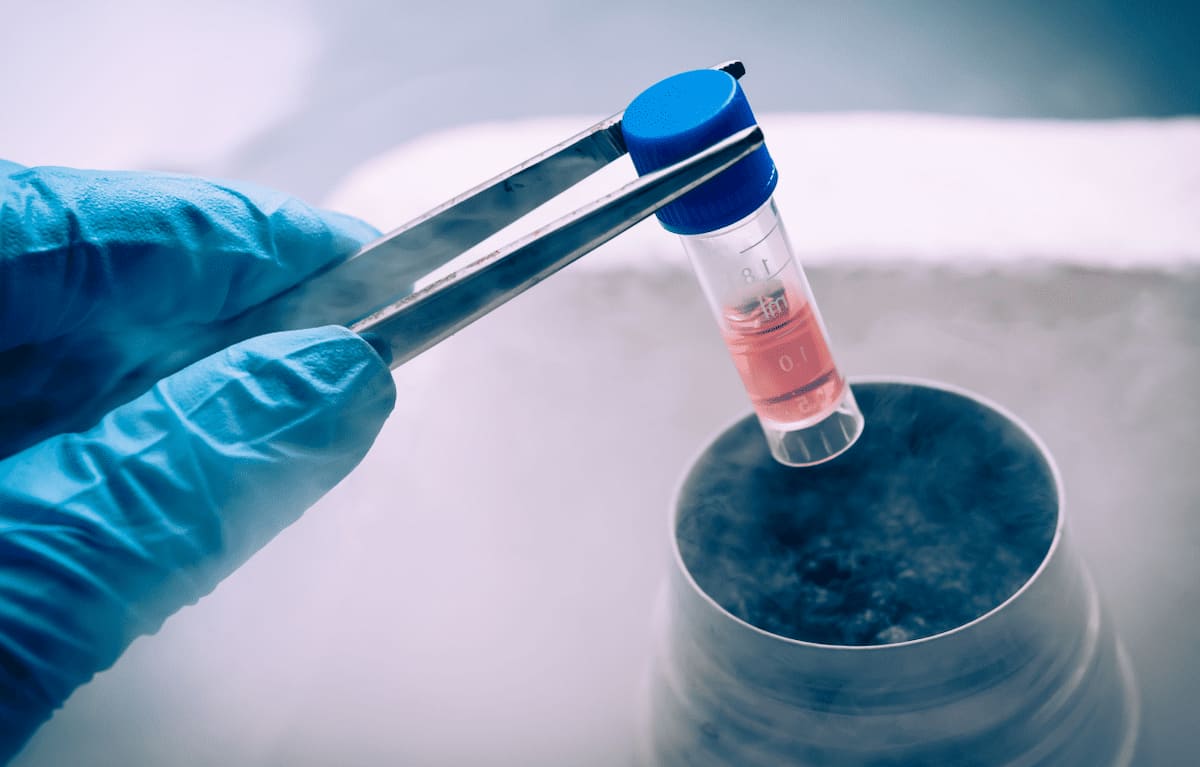
Egg Freezing
Concerned about aging and fertility? Egg freezing might be the solution. As we all know, egg quality reduces with increasing age. Egg freezing involves retrieving, freezing, and storing your eggs for later use, similar to IVF. You will be prescribed medications to stimulate oocyte growth. Your doctor will monitor your eggs as you grow and collect them when they are ready. Once your eggs are collected, they are frozen until you are ready to use them.
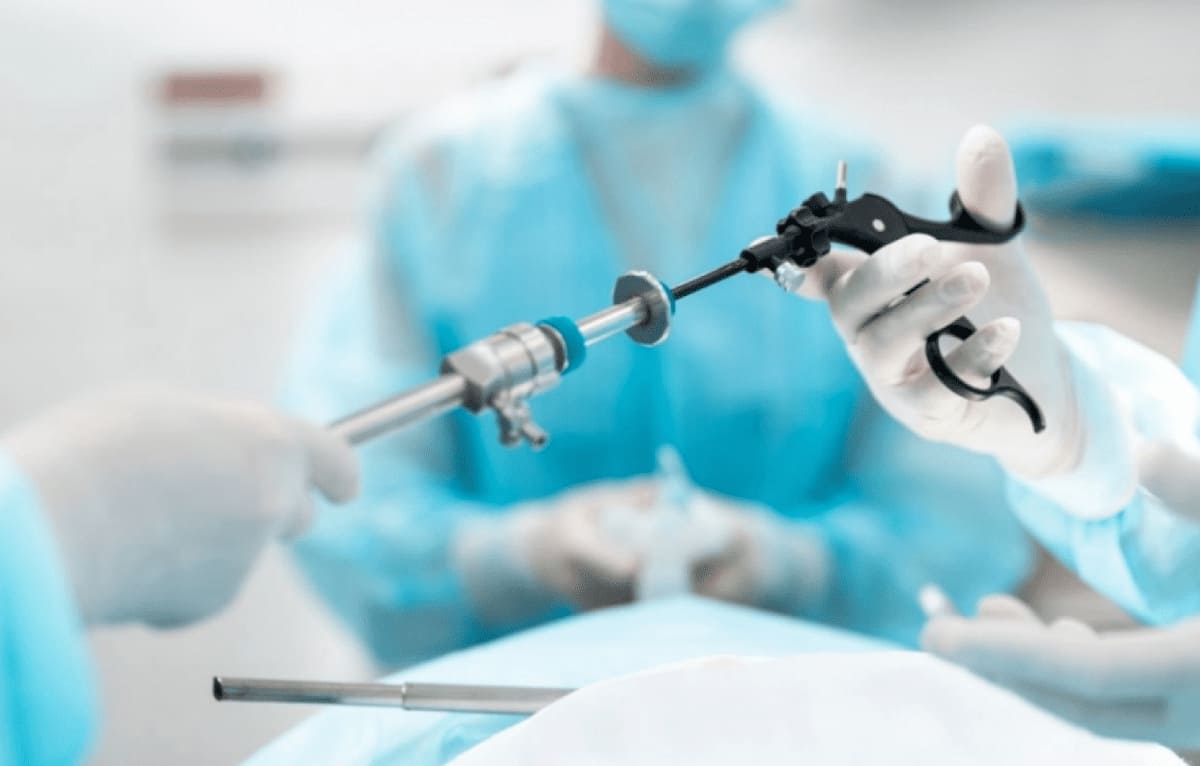
Laparoscopic Surgery
Laparoscopic surgery, also called keyhole surgery, uses small incisions, to insert telescopic instruments. Generally, three instruments are used, but complex cases may require more. Benefits include a shorter hospital stay, less post-op pain, and a smaller scar than traditional surgery. Common post-surgery symptoms include mild nausea, muscle pain, minor incision site pain, and menstrual-like cramps. Medications are prescribed for home recovery.
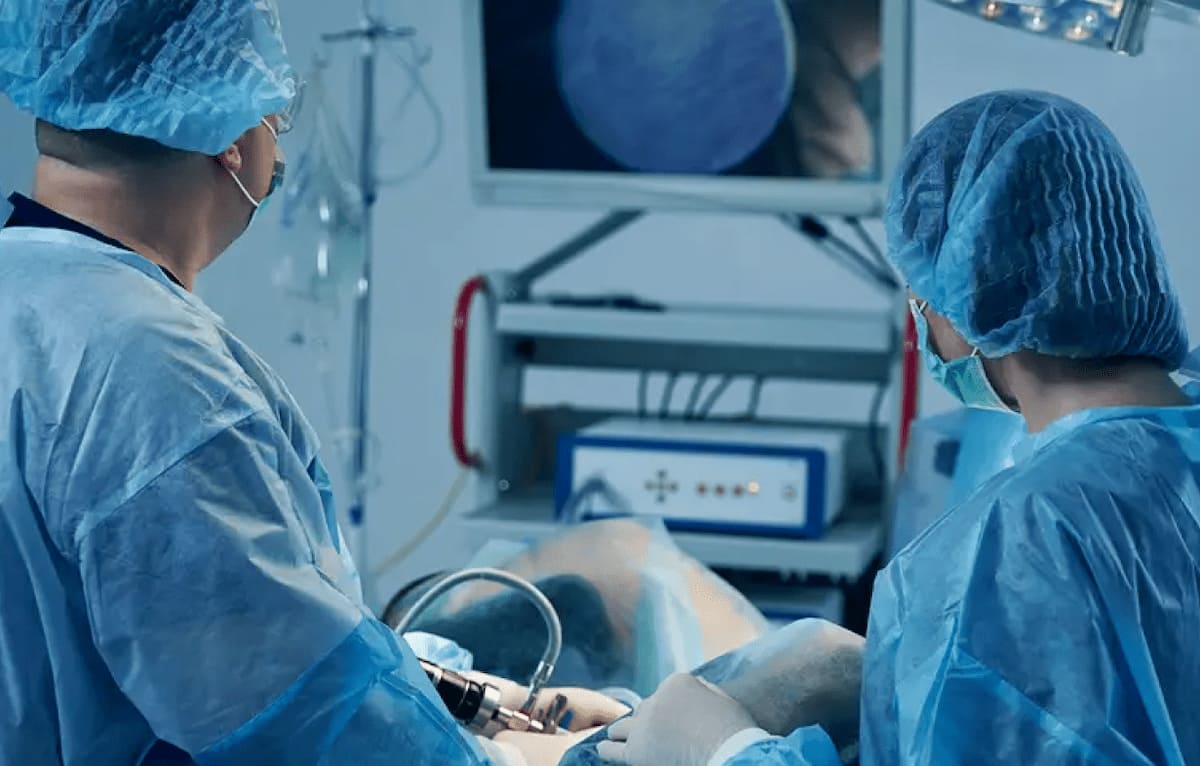
Hysteroscopy
Hysteroscopy is a method to visualize the inside of your womb. Using a long telescopic camera, about the size of a pen, your doctor is able to visualise the lining of your womb. A hysteroscopy may be performed to identify causes of abnormal bleeding, or to evaluate a thickened womb lining. Your doctor will also be able to remove growths from your wombs such as fibroids or polyps. A hysteroscopy may also be performed for patients with infertility.
Book Your Appointment Today!
Frequently Asked
Questions
There are male factors and female factors for infertility. Male factors are due to abnormal sperm, or difficulty performing intercourse due to erectile dysfunction or a previous vasectomy. Female factors are due to non-ovulation, blocked tubes or a womb that is not suitable for pregnancy. You should consider having an evaluation about your reproductive health if you have any of the following:
- You have yet to conceive after 1 year of having regular unprotected sexual intercourse
- You are older than 35 years of age and have not conceived after trying for 6 months
- Your menstrual cycle is irregular
- You or your partner has a known fertility problem such as polycystic ovary syndrome (PCOS), endometriosis, or male factor infertility
- You had a previous pelvic surgery or pelvic infections
- You have had recurrent miscarriages
Ovulation Induction, Intra-uterine Insemination (IUI), or In-Vitro Fertilization (IVF). Do discuss with your doctors to know which option is best for you.
Pregnancy and parenthood is a beautiful and rewarding journey. Before you embark on your journey to parenthood, there are some preparations that will improve the outcomes of your pregnancy.
- If you have any medical conditions or you are currently taking any medications, Your doctor may need to optimize your medical condition or change your medications to those that are safe in pregnancy.
- Take some folic acid.
- Practice a healthy lifestyle. Have a balanced diet, with lots of fiber and proteins. It is also beneficial to have regular exercise and to maintain an optimal weight.
Your doctor will start by taking a brief medical and surgical history from you and your partner. Next, a physical assessment and an ultrasound assessment will be performed to assess your egg reserves, and to identify any gynaecological pathology which may affect your chance of pregnancy.
Your partner will be asked to provide a semen sample for analysis. It is best to have an abstinence 3-5 days prior to producing this sample.
Your doctor will then advise you and your partner on what is best for you. Fertility treatment is tailored to the needs and requirements of every couple.
At our centre, we utilize many advanced technologies to improve our success rates. We utilize PIEZO-ICSI to fertilize our oocytes. Studies have shown that PIEZO-ICSI has the lowest egg degeneration rate (1%) and the highest fertilization rates (89%) as compared to other techniques. Our time lapse embryo monitoring visualizes progress of your embryo from Day 0 to Day 5 or Day 6. This enables us to identify the best embryo with the highest chance of a successful pregnancy. We also utilize PGTA to identify euploid embryos for transfers. In combination, these advanced methods and technologies have enabled us to achieve a clinical pregnancy rate of 82.9%.
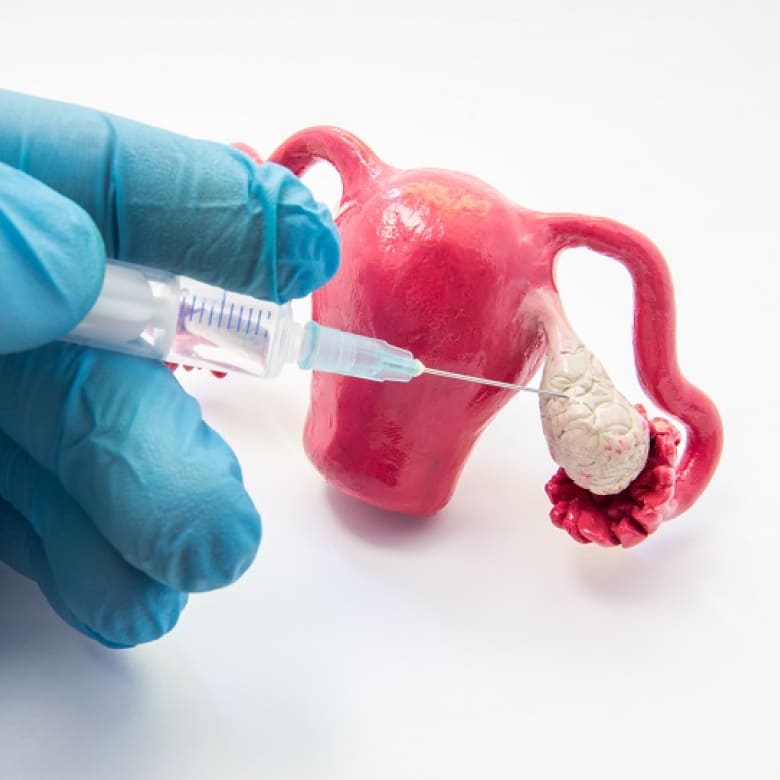
Ovulation Induction
One of the causes of infertility is irregular menstrual cycles due to irregular ovulations. This makes timing of intercourse difficult. Doctors can assist by prescribing medications to induce ovulation, supplemented by ultrasound assessment to determine the most suitable time for intercourse.
Intra Uterine Insemination (IUI)
The goal of IUI is to increase the number of healthy sperms reaching the women’s egg. Sperms are washed and filtered to increase the concentration of healthy and viable sperms. Your doctor will use medication to stimulate your eggs to grow, and another injection to induce ovulation. Success rates for IUI have been quoted between 18-20% per cycle.
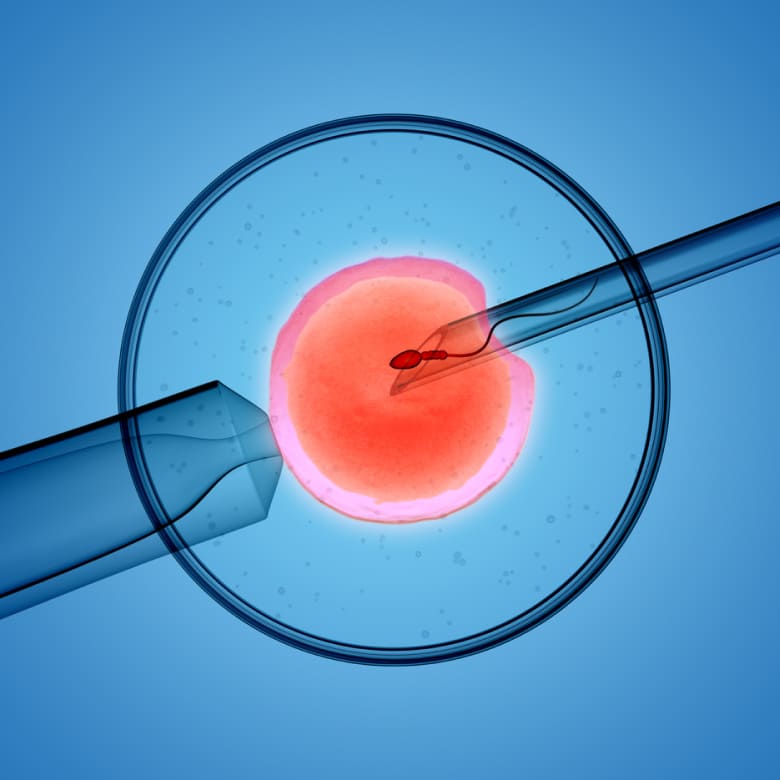
In-Vitro Fertilization (IVF)
In-vitro Fertilization is a process of fertilizing eggs outside the body. It is also commonly known as “test tube baby” or IVF. IVF consists of several stages. During the 1st stage of IVF, your doctor will prescribe medication to stimulate growth of your eggs. This usually involves a daily injection from day 1 of your menstruation, and ultrasound scans to monitor growth of your eggs.
Once your eggs are ready for collection, a small procedure known as “Ovum Pick Up or OPU will be performed. A thin needle is used to extract your eggs under sedation or under general anaesthesia.
Next the embryologist will manually combine an egg and your partner’s sperm using a manual injection called ICSI or Intra-Cytoplasmic Sperm Injection. Once the eggs have been successfully fertilized, they are cultured in the lab by an expert team of embryologists. After 5 days of culture, your embryo is ready for the next stage of IVF.

PGTA and PGTM
PGT-A – Preimplantation Genetic Testing for Aneuploidies (PGT-A) is a technology used in IVF treatment which examines embryo chromosomes pre-womb transfer, improving IVF success and lowering miscarriage risk. After culturing your embryo for 5 days in the lab, a few cells are extracted for testing. Rest assured, this is a safe procedure and does not affect the health of your embryos.
The geneticist will then check the number of chromosomes, the correct number being 46. If an embryo has an addition or loss of a chromosome, chances of pregnancy is reduced, while risk of miscarriage is increased. If the baby survives till term, there is also a risk of having an abnormal baby, such as Down’s Syndrome when there is an extra Chromosome 21.
PGT-M – Preimplantation Genetic Testing for Monogenic Diseases (PGT-M) is a screening tool when couples have a known inheritable genetic condition. A few cells are extracted from your embryo after 5 days of culture, similar to a PGT-A. The geneticist will perform additional tests to identify the specific genetic condition that you are at risk of passing down to your children.
Your physician may recommend you for PGT-M if you have a family history of heritable genetic condition.
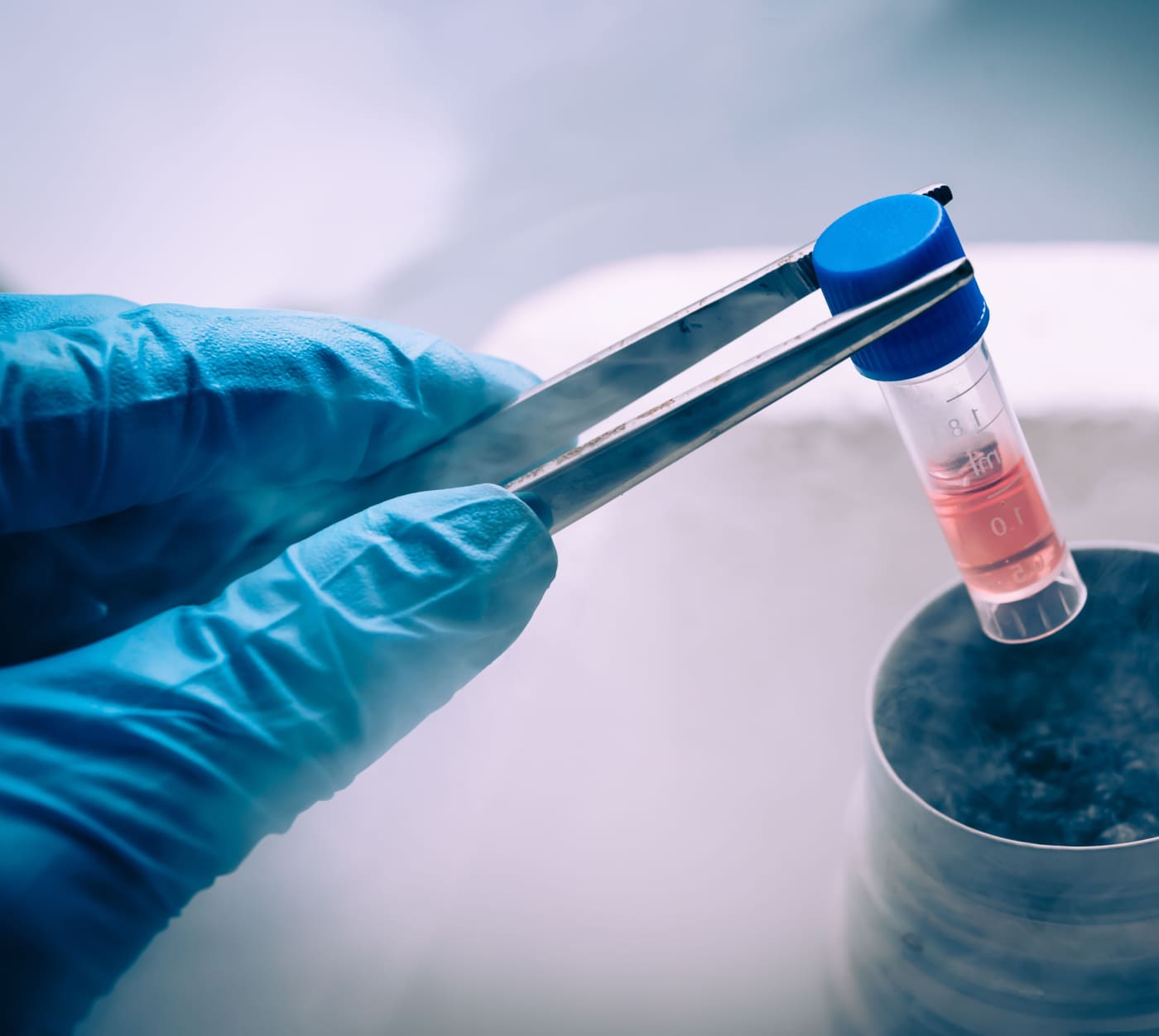
Egg Freezing
Concerned about aging and fertility? Egg freezing might be the solution. As we all know, egg quality reduces with increasing age. Egg freezing involves retrieving, freezing, and storing your eggs for later use, similar to IVF. You will be prescribed medications to stimulate oocyte growth. Your doctor will monitor your eggs as you grow and collect them when they are ready. Once your eggs are collected, they are frozen until you are ready to use them.
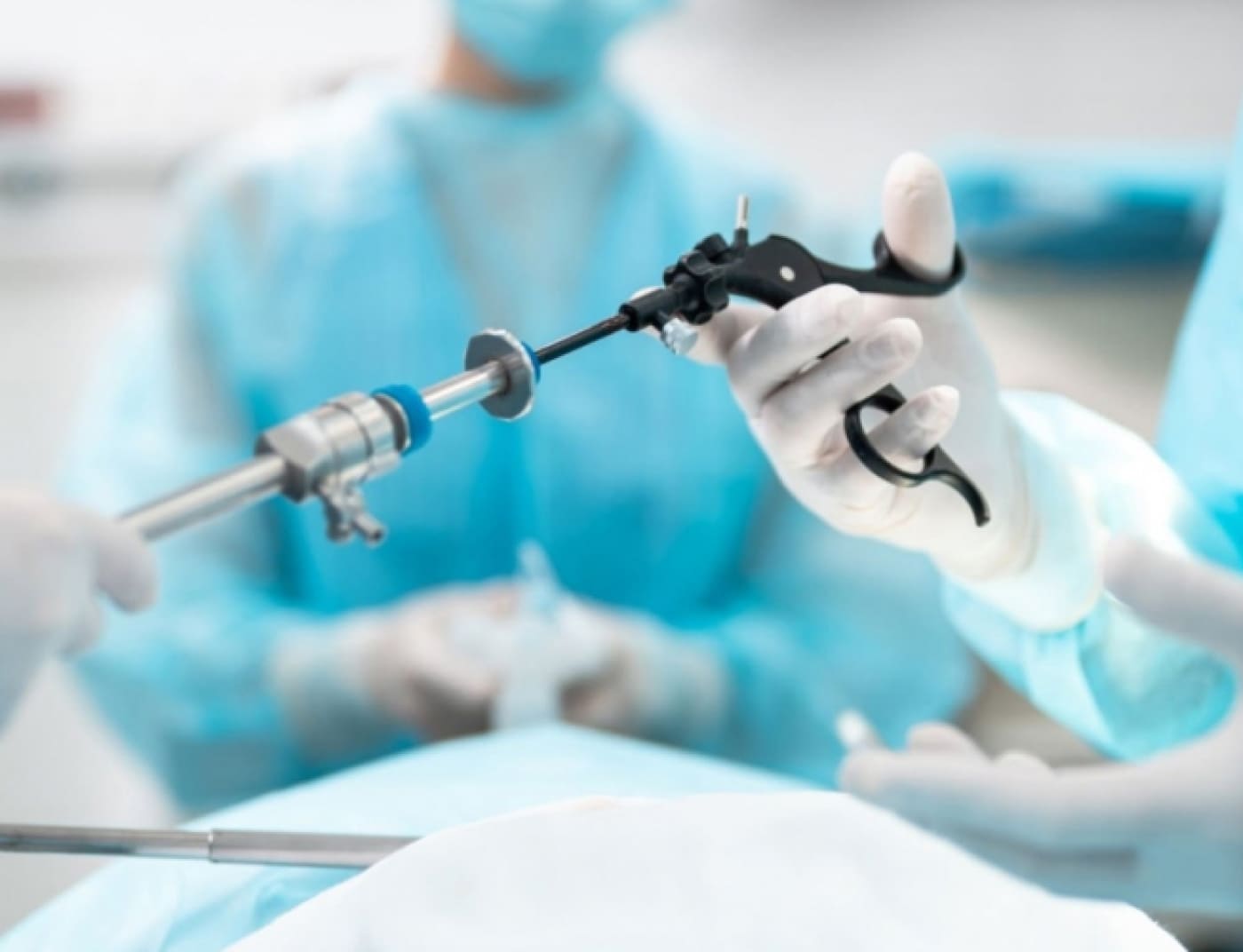
Laparoscopic Surgery
Laparoscopic surgery, also called keyhole surgery, uses small incisions, to insert telescopic instruments. Generally, three instruments are used, but complex cases may require more. Benefits include a shorter hospital stay, less post-op pain, and a smaller scar than traditional surgery. Common post-surgery symptoms include mild nausea, muscle pain, minor incision site pain, and menstrual-like cramps. Medications are prescribed for home recovery.
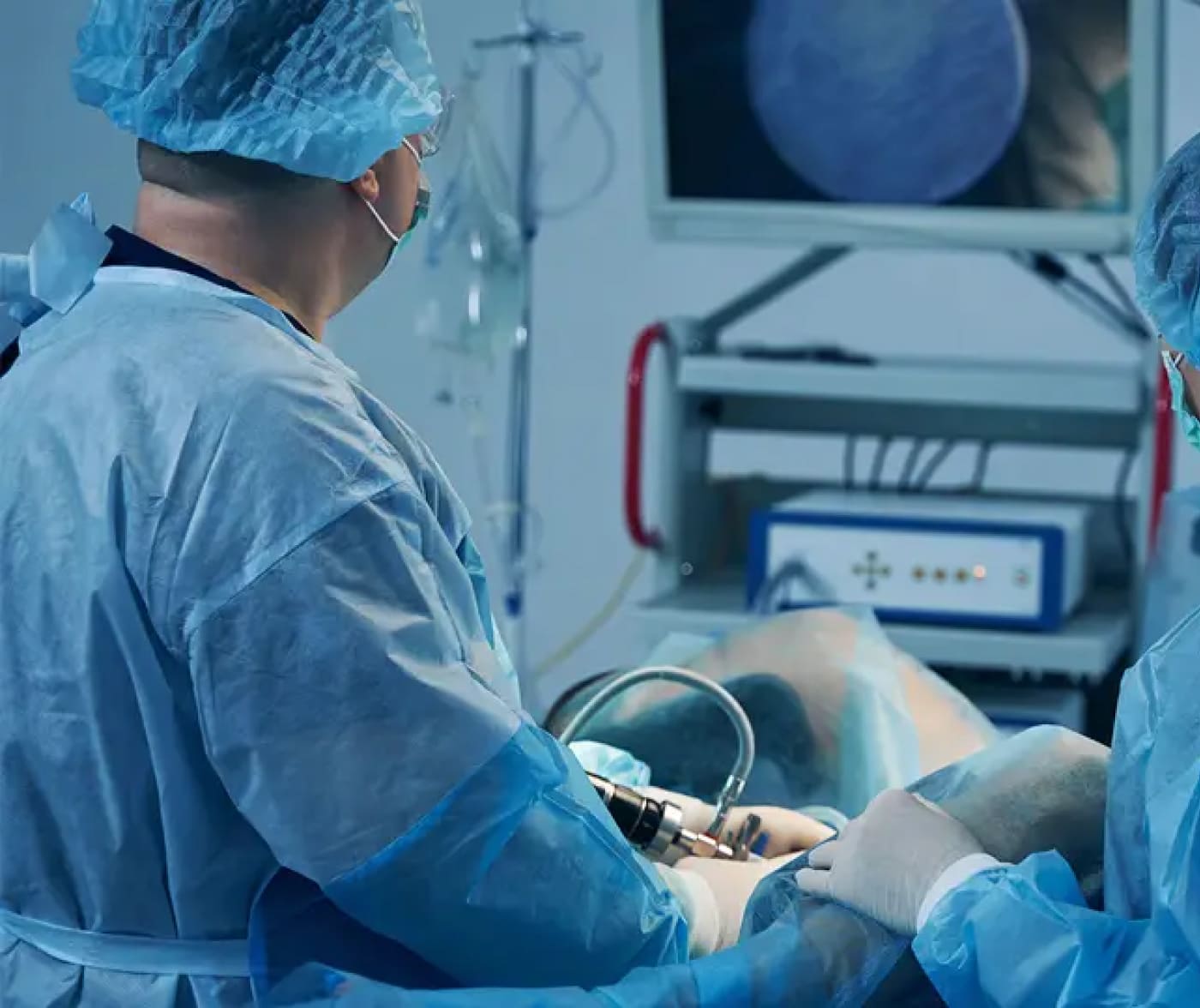
Hysteroscopy
Hysteroscopy is a method to visualize the inside of your womb. Using a long telescopic camera, about the size of a pen, your doctor is able to visualise the lining of your womb. A hysteroscopy may be performed to identify causes of abnormal bleeding, or to evaluate a thickened womb lining. Your doctor will also be able to remove growths from your wombs such as fibroids or polyps. A hysteroscopy may also be performed for patients with infertility.
Book Your Appointment Today!
Frequently Asked
Questions
There are male factors and female factors for infertility. Male factors are due to abnormal sperm, or difficulty performing intercourse due to erectile dysfunction or a previous vasectomy. Female factors are due to non-ovulation, blocked tubes or a womb that is not suitable for pregnancy. You should consider having an evaluation about your reproductive health if you have any of the following:
- You have yet to conceive after 1 year of having regular unprotected sexual intercourse
- You are older than 35 years of age and have not conceived after trying for 6 months
- Your menstrual cycle is irregular
- You or your partner has a known fertility problem such as polycystic ovary syndrome (PCOS), endometriosis, or male factor infertility
- You had a previous pelvic surgery or pelvic infections
- You have had recurrent miscarriages
Ovulation Induction, Intra-uterine Insemination (IUI), or In-Vitro Fertilization (IVF). Do discuss with your doctors to know which option is best for you.
Pregnancy and parenthood is a beautiful and rewarding journey. Before you embark on your journey to parenthood, there are some preparations that will improve the outcomes of your pregnancy.
- If you have any medical conditions or you are currently taking any medications, Your doctor may need to optimize your medical condition or change your medications to those that are safe in pregnancy.
- Take some folic acid.
- Practice a healthy lifestyle. Have a balanced diet, with lots of fiber and proteins. It is also beneficial to have regular exercise and to maintain an optimal weight.
Your doctor will start by taking a brief medical and surgical history from you and your partner. Next, a physical assessment and an ultrasound assessment will be performed to assess your egg reserves, and to identify any gynaecological pathology which may affect your chance of pregnancy.
Your partner will be asked to provide a semen sample for analysis. It is best to have an abstinence 3-5 days prior to producing this sample.
Your doctor will then advise you and your partner on what is best for you. Fertility treatment is tailored to the needs and requirements of every couple.
At our centre, we utilize many advanced technologies to improve our success rates. We utilize PIEZO-ICSI to fertilize our oocytes. Studies have shown that PIEZO-ICSI has the lowest egg degeneration rate (1%) and the highest fertilization rates (89%) as compared to other techniques. Our time lapse embryo monitoring visualizes progress of your embryo from Day 0 to Day 5 or Day 6. This enables us to identify the best embryo with the highest chance of a successful pregnancy. We also utilize PGTA to identify euploid embryos for transfers. In combination, these advanced methods and technologies have enabled us to achieve a clinical pregnancy rate of 82.9%.


